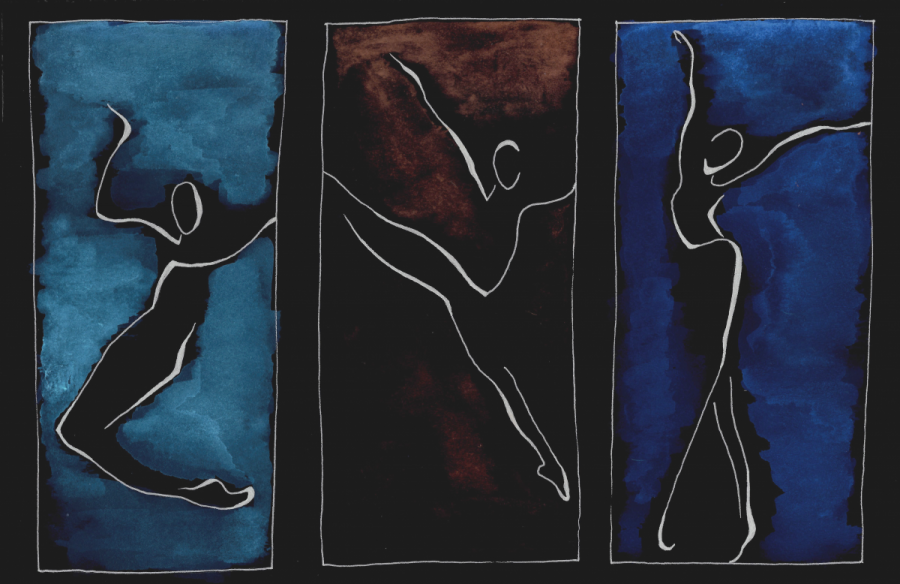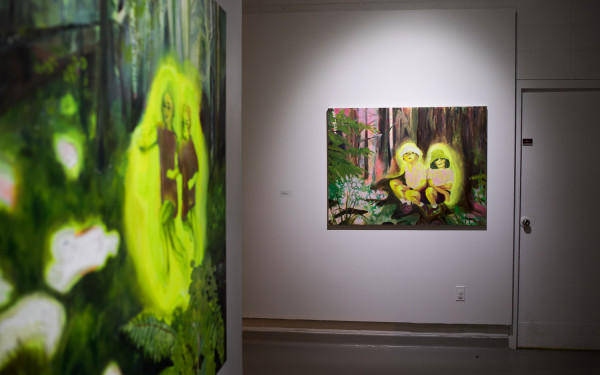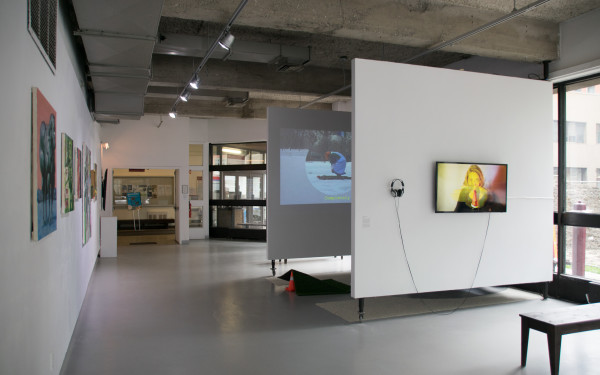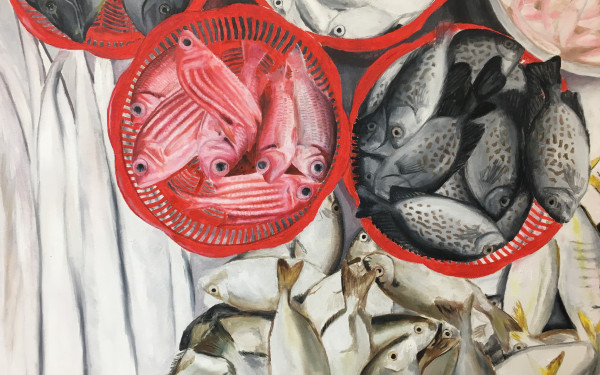How can you fit a stage online?
Concordia theatre and dance students feel big loss with online classes
Concordia began the 2020 academic year with online classes and a campus that was inaccessible to the majority of students and faculty.
Incoming students never met their classmates, returning students couldn’t see their friends and professors had to reinvent how to teach their classes virtually. But for theatre and dance students, where tactility with the environment is essential, the absence of the stage was deeply felt.
“Theatre is an artform that relies on connection and energy in a room,” said Abi Sanie, a second-year theatre student. “It’s very difficult to transplant and transport that energy onto something like a Zoom call.” Students, like Sanie, would normally have access to a stage to create productions throughout the year, but now their stage is limited to the four walls of their bedroom.
It has been difficult for students to create in the same space they relax and sleep in, said Sanie, especially during acting classes. “It’s definitely a lot more difficult to scream or let out your voice in an acting class at eight in the morning when the rest of your family is in the house,” she said.
But the biggest issue this year is the absence of what Sanie calls a “safe space.” A space where one can reach into the depths of their creative self to make art. Having to work from the same room she sleeps and relaxes in, leaves Sanie and other theatre students without a neutral creative space.
Additionally, the lack of in-person socialization leads Sanie to believe that students this year won’t get the, “full spectrum of theater education.” The uniqueness of theatre, she says, is the live nature of it, and students this year will miss out on the ability to engage with the content tangibly.
Dance students were also affected by the closure of the university. Maritza Thorne, a third-year contemporary dance student, said at times she used the on-campus studios up to five days a week before the pandemic.
“Don’t lose track of keeping everything human.”
— Michael Montanaro
On a regular day at Concordia, “the corridor is really alive with people,” she said. “You arrive and it's vibrant, it's buzzing.” Now Thorne’s stage is her bedroom or living room—whichever has the best Wi-Fi connection that day.
The loss of the stage was a problem the department of contemporary dance expected. But creating a safe dance studio for students during a pandemic was a big challenge, one which Michael Montanaro, chair of the department, took head on.
Montanaro along with the university’s environmental health and safety agency, created five small dance studios on campus. The studios were equipped with cameras, Bluetooth speakers, and computers and students can even collaborate with each other in real time from different studios.
The steps taken by staff to adapt to online teaching is admirable, but also necessary. The technology and methods being tested now “will find themselves embedded into the way we teach in the future even after the pandemic is finished,” he said.
His advice for professors during this time? “Don’t lose track of keeping everything human [even though] we’re little square boxes on a screen,” he said.
So, what does the virtual stage look like for students and staff?
“What the stage is, is being redefined, completely,” said Montanaro. The pandemic has “opened up all these other avenues and all these other creative potentials for people to think about,” he said.
“It’s a lot of people’s backyards, a lot of living rooms, [bedrooms]. Different angles that we’re invited to see,” said Thorne. Her virtual stage is her living room, with plants on display in the background and her half Doberman, half Black Labrador puppy interrupting her during classes. “She’s part of all my classes basically,” she said.
For Sanie, her virtual stage is her bedroom. With tan colored walls, a picture frame hanging on the left, and a large backdrop of the New York City skyline, her hometown, on the right. “That’s just there to block light from my window,” said Sanie. “But [it] also serves as a reminder that we’ll be back in New York and other cities doing theater very soon.”






